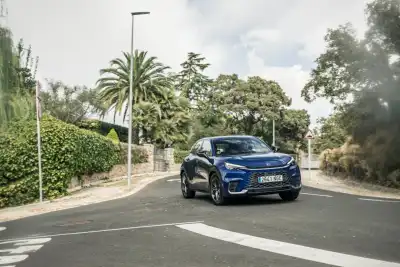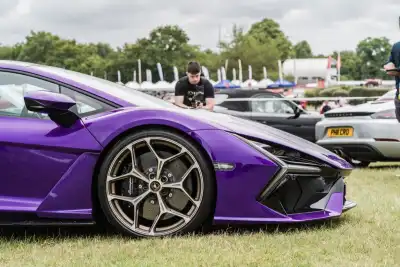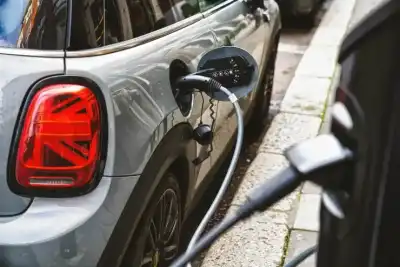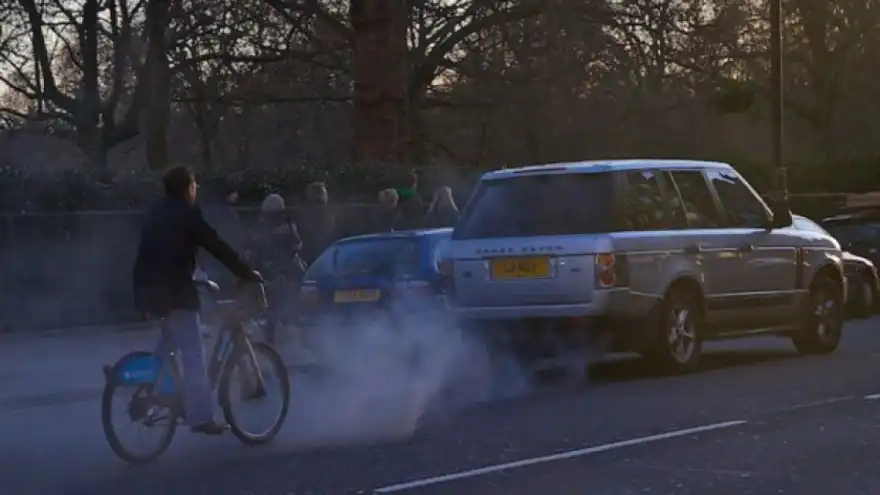
Last week it was announced that the ban on new petrol and diesel cars would be brought forward in the UK from 2040 to 2035, just 15 years from now. There was, however, one new addition, even hybrid vehicles would be banned.
Hybrid was seen as a stop-gap to going fully electric, a way to put internal combustion engines on life support until the EV infrastructure was widespread, vehicle take-up was mainstream and prices had fallen. Alas, that now seems as though it’s not an option.
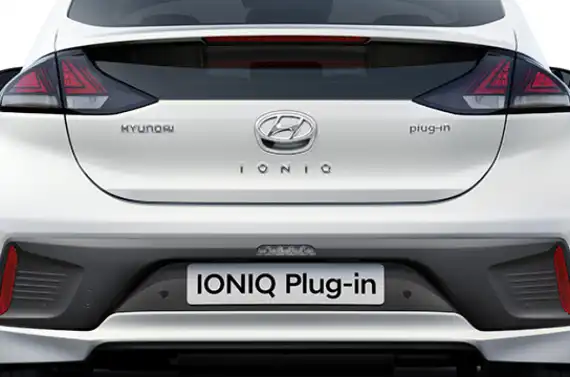
There was significant dismay in journalistic circles; why would any manufacturer bother developing hybrid tech any further if it’s going to be banned along with petrol and diesel? Where are all these affordable EV’s going to come from in the next 15 years, especially when most manufacturers are fielding just the one pure electric vehicle in their line-up as of now?
The about-face turn happened as part of the Government's bid to create some positive headlines for the launch of COP26 – the 2020 United Nations Climate Change Conference, to be held in Glasgow this November. It comes just days after Claire Perry O’Neill, a former climate minister was sacked as `president of the COP26 event.
According to O’Neill, Mr Johnson is merely playing ‘lip service’ to climate change. To counter this, the ban on polluting vehicles has seemingly been brought forward by five years.

What needs to change?
While it’s all well and good seeing to be green and bringing deadlines forward, the Government must play more than a big part in pushing the agenda. We’ve seen they can do it, just look at the huge rise in diesel adoption after they threw their weight behind it.
Industry and the public can only do so much if the vehicles are too expensive, and the infrastructure lacking, it simply isn’t going to happen.
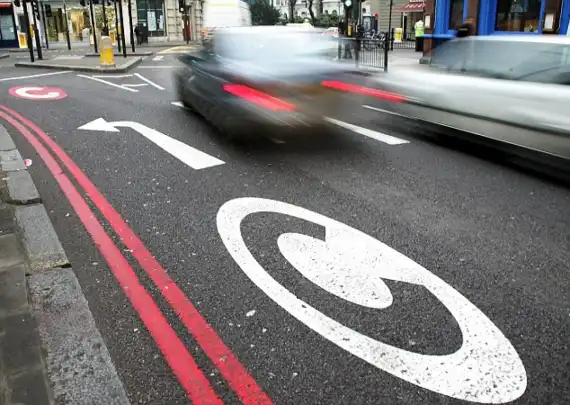
Many car buyers simply can’t afford ‘new’ prices, whether it’s internal combustion, hybrid or pure electric. Currently, there just isn’t the same breadth of choice when it comes to EV’s on the second-hand market.
You either have to opt for a large and costly Tesla Model S, a small Renault Zoe hatchback, an electric Volkswagen Golf with a low range, or the popular Nissan Leaf. These models are the cheapest used EV’s on the second-hand market, yet they only cover either a large saloon, medium and small hatchback. There’s not enough choice to make buyers interested, if you want a used electric vehicle you’re forced into one of those. Compare that to the rest of the used market and choice in style and design is everywhere.
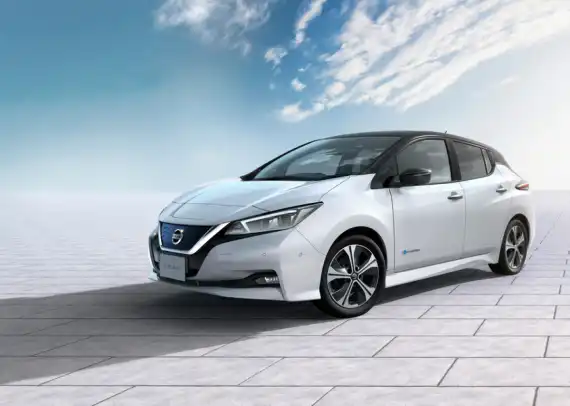
A healthy second-hand market is key to the EV becoming prominent on our roads, for that to happen more people need to buy them new and manufacturers will have to sell them in all shapes and sizes. That currently isn’t happening, so unless in the next 5-7 years every marque out there goes fully electric, that widespread supply of affordable EV’s just isn’t going to exist.
This is before you get to the lack of decent infrastructure. While BP Chargemaster are, without a doubt the industry leaders when it comes to well maintained, publicly usable charging points, many others simply fall far too short of what’s needed. Ecotricity have a terrible record when it comes to keeping their network of chargers fully functional.
A Government or publicly owned network of rapid charging hubs is the only way I can see long-range EV driving a possibility. Infrastructure is why Tesla has done so well, they built it first, then sold the cars. Their rapid chargers are some of the quickest in the industry, they always work and are simple to use – just plug in. No cards, no payments.
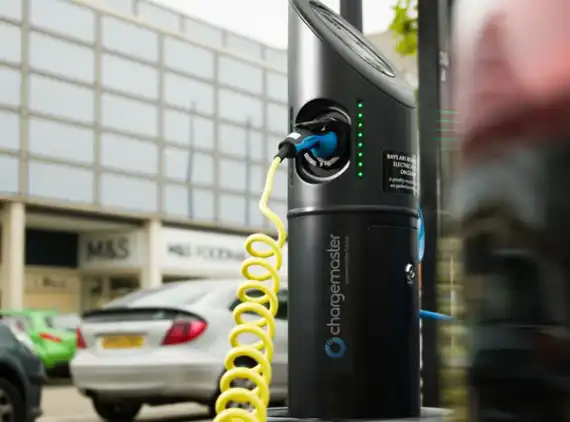
Charging at home is another key thing that potential EV owners need to understand. You come home, you plug in, just like you do with your mobile phone. The next day it will be fully charged. You’ll only need fast chargers while out and about if you’re driving more than 150 miles in one jaunt.
That’s the next issue, range. Few people ever drive and empty a whole tank in one journey, so no, you probably don’t need 300 miles of range. 150 is just about the sweet spot, but it has to be achievable without compromising on comfort. That means you can have the heating or air-con on, use the radio etc. without seeing a huge dip in range when you do.
Is it going to happen in time?
Banning hybrids is somewhat short-sighted, they would’ve been a great stepping stone for everyone to have owned before the switch to full electric. Plug-in hybrids would have probably been the final hoorah of the internal combustion engine.
15 years isn’t enough time to fix the issues laid out above, the world moves slowly unless it’s shocked into action. The only way that’s going to happen is if the oil taps run dry tomorrow.
Petrol and diesel aren’t going anywhere fast, it’s been said it will take until around 2050 at least until the final ICE engines are off our roads for good.

